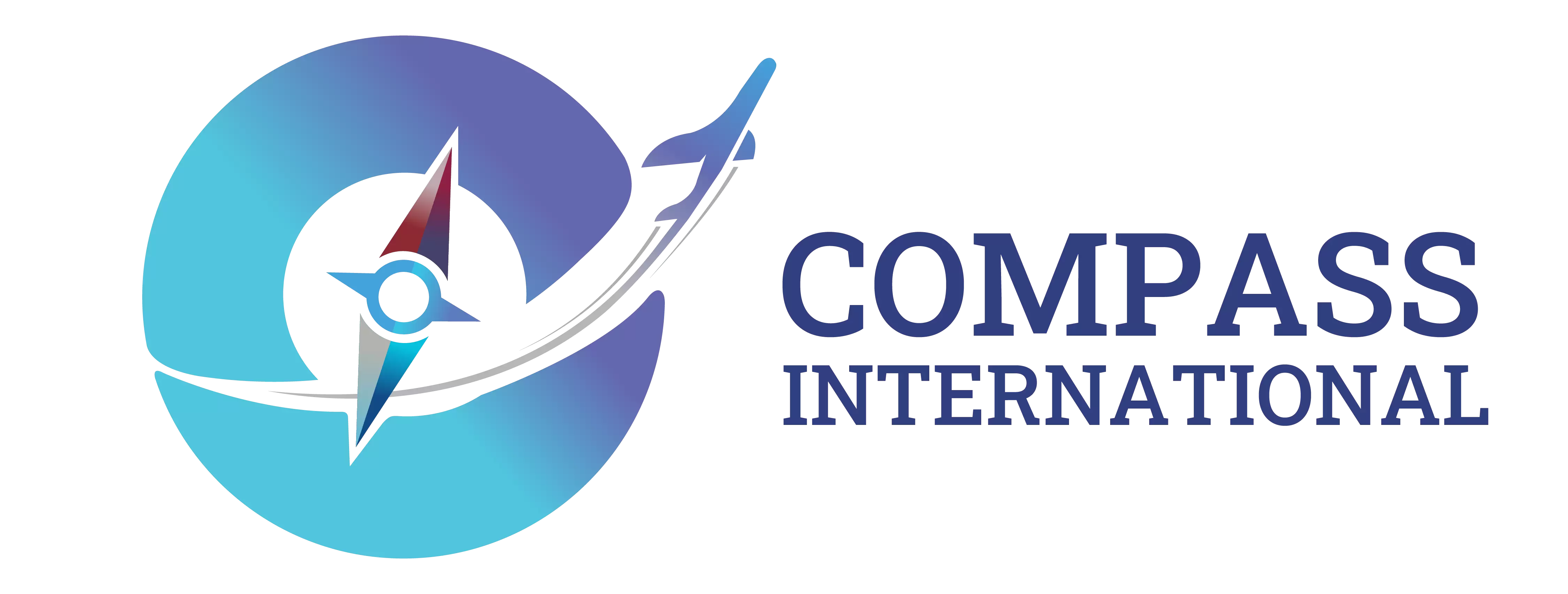POLAND

Studying in Poland can be a rewarding experience due to its rich history, vibrant culture, and high-quality education. Here’s a guide to help you navigate the process:
- Choosing a Program and University
- Universities: Poland has numerous reputable universities, including the University of Warsaw, Jagiellonian University, and Warsaw University of Technology.
- Programs: Many universities offer programs in English, especially at the postgraduate level. Popular fields include engineering, medicine, business, and humanities.
- Application Process
- Eligibility: Check specific entry requirements for your chosen program. Requirements often include a high school diploma for undergraduate studies or a bachelor’s degree for graduate programs.
- Documents: Commonly required documents include academic transcripts, letters of recommendation, a statement of purpose, and proof of English proficiency (like IELTS or TOEFL scores).
- Scholarships and Funding
- Polish Government Scholarships: The Polish government offers scholarships to international students through programs like the Polish National Agency for Academic Exchange (NAWA).
- University Scholarships: Many Polish universities offer their own scholarships based on academic performance or financial need.
- Erasmus+: If you are an EU student, you might be eligible for Erasmus+ funding, which supports student mobility within Europe.
- Visa and Residence Permits
- Visa: Non-EU students generally need a student visa to study in Poland. You’ll need to provide proof of acceptance into a Polish institution, financial stability, and health insurance.
- Residence Permit: Once in Poland, you may need to apply for a residence permit if your stay exceeds 90 days.
- Cost of Living
- Tuition Fees: Tuition fees vary depending on the program and institution. Generally, they range from €2,000 to €6,000 per year for non-EU students.
- Living Costs: The cost of living in Poland is relatively low compared to Western Europe. Monthly expenses for accommodation, food, and transportation can range from €400 to €700, depending on the city.
- Language
- English-Taught Programs: Many programs are available in English, especially at the postgraduate level.
- Polish Language: While not always necessary, learning some Polish can enhance your experience and help with everyday life.
- Cultural and Social Life
- Cultural Experience: Poland offers a rich cultural heritage with historic cities, vibrant arts scenes, and numerous festivals.
- Student Life: Universities often have active student organizations, events, and support services to help international students integrate and make the most of their experience.
- Useful Resources
- Polish National Agency for Academic Exchange (NAWA): nawa.gov.pl
- University Websites: Check individual university websites for specific program details and application procedures.
- Student Forums: Platforms like The Student Room or Reddit can offer insights and advice from current students.
Studying in Poland can provide a high-quality education while allowing you to experience a new culture. Make sure to research thoroughly and prepare your application materials well in advance.

